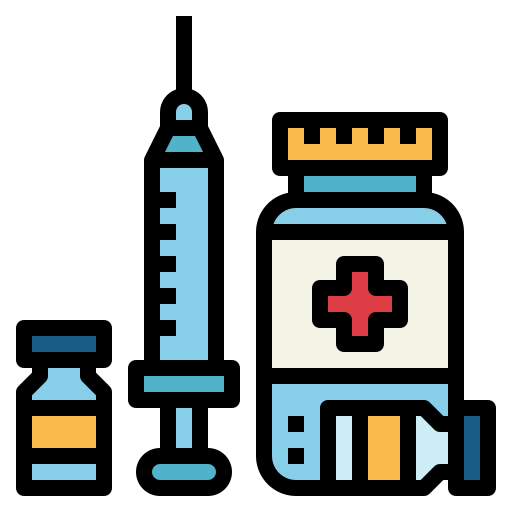General Notes: Diabetes

Diabetes is defined as a metabolic disorder of multiple aetiology characterised by chronic hyperglycaemia with disturbances of carbohydrate, fat and protein metabolism resulting from defects in insulin secretion, insulin action, or both (WHO 1999).
Diagnosis of Diabetes Mellitus (DM) requires the demonstration of carbohydrate intolerance either as frank hyperglycaemia, or as an impaired response to a carbohydrate load. This load is provided in the oral glucose tolerance test (OGTT). For further information please refer to the NHS Lanarkshire Clinical Laboratories Protocol for OGTT (NHSL staff link).
Management of diabetes aims to enable effective patient self-management, relieve symptoms, prevent micro-vascular complications (reducing morbidity), reduce cardiovascular risk (reducing mortality) and prevent admission to hospital.
Treatment should be tailored to help achieve individualised, realistic, agreed goals for glycaemic control between the patient and health care professional recognising that early tight control in the course of the disease achieves long-term benefit. Intensive therapy to rapidly lower HbA1c in established diabetes may increase all cause mortality.
The Diabetes Specialist Team is available to support patients in community and hospital settings across NHS Lanarkshire. Referrals should be made electronically via SCI-Gateway.
Examples of where referral is appropriate are:
- Diabetes Specialist Nurse – support required to overcome barriers to self-care, insulin management, pre-conception advice or if pregnant
- Diabetes Specialist Dietitian – pre-diabetes (at risk of diabetes), newly-diagnosed diabetes, weight management, carbohydrate counting
- Consultant/Specialty Doctor – Type 1 Diabetes, Type 2 Diabetes < 35 years of age, complications, complex co-morbidity, care management planning, unusual presentations
- Diabetes Specialist Podiatrist – active foot disease
All patients with Type 2 Diabetes should be offered structured patient self management education – patients can self refer to the STEP programme. Courses are held throughout Lanarkshire. Patients with Type 1 Diabetes can be referred to the ADAPT structured education programme by members of the Diabetes Specialist Team.
Patients with diabetes should be encouraged to register with My Diabetes My Way (MDMW) self-management platform to view their own results held on the NHS Scotland single shared electronic record for diabetes (SCI Diabetes).
Lifestyle intervention is an integral part of the management of diabetes. All patients should be advised to stop smoking (if appropriate), reduce weight (if over-weight or obese), limit alcohol in line with public health recommendations for the general population and undertake regular moderate intensity mixed aerobic and strengthening physical activity (ideally at least 2 ½ hours spread over 1 week).
Self monitoring of blood glucose is part of the routine care of patients requiring insulin or sulphonylurea therapy using a meter that complies with ISO criteria (2013), is quality controlled on a regular basis, meets the requirement of the DVLA medical standards for fitness to drive (Nov 2014) and is downloadable via Diasend.com. Meters are available from GP Practices and the Diabetes Specialist Service free of charge. If a patient chooses to purchase their own blood glucose meter, out-with the formulary preferred choice, then NHS Lanarkshire recommends that consumables should not be provided on prescription.
Further information can be found below: